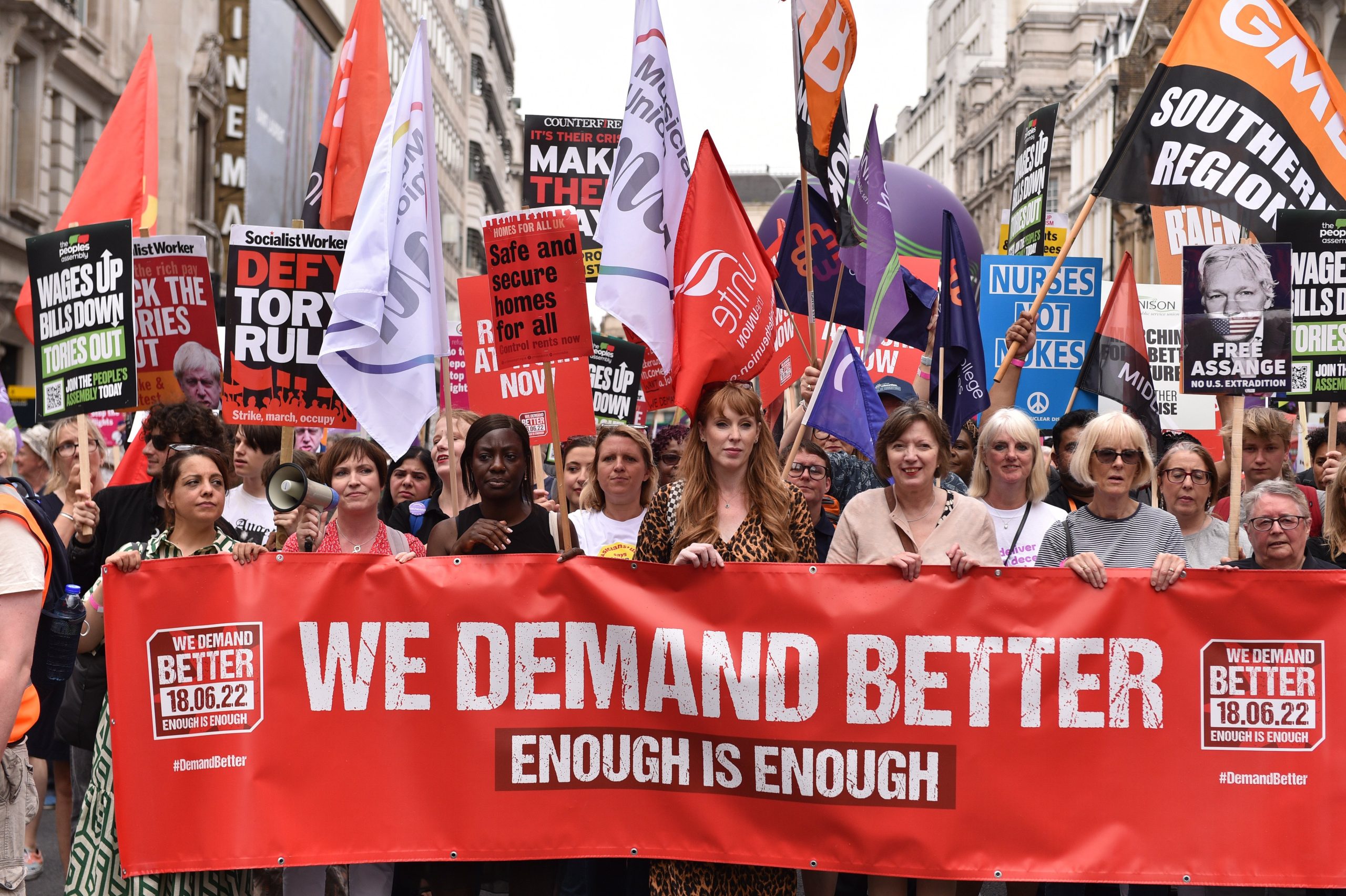Large fines for businesses that break new workers’ rights laws
Businesses face paying thousands of pounds in fines if they do not uphold new protections for employees introduced by Labour as part of its overhaul of workers’ rights.
The Times has been told ministers are considering a warning system which would allow companies to make improvements before being hit with fines.
But business leaders have called for small businesses to be exempt from any financial sanctions to prevent government “overreach” that would damage economic growth.
The sanctions regime will be overseen by a new Fair Work Agency (FWA), which will bring together existing watchdogs into a single enforcement body for workers’ rights.
It will have the power to bring prosecutions and issue fines, and Angela Rayner, the deputy prime minister, previously promised it would have “real teeth”.
However, Craig Beaumont, from the Federation of Small Businesses, feared the government was focussing too much on large corporations and said ministers should exempt smaller firms from any fines.
He said: “We must prevent any changes that add risk to employment as that’s a perfect storm that hits economic growth, wealth creation, jobs and worker participation — all at once.

“A public agency should not be fining UK small businesses thousands of pounds for their existing employment, simply because they don’t provide formal corporate tick-box bureaucratic policies and paperwork. That overreach would be a devastating inadvertent consequence.
“As well as unions, one million small employers deserve to be recognised and heard on these measures when the government consults about all of them, thoroughly.”
It is understood ministers are still debating at what level financial penalties should be set, but they are likely to be in the lower thousands due to worries that any “punitive” levels would impact business confidence.
Government sources insisted that they had “no desire to beat business round the head with excessive fines” and would consult fully on all measures.
One insider said large fines per worker would be “too much stick and not enough carrot” but there was acceptance that some sort of sanctions regime would be needed. However, this would come only after warnings to give firms “an opportunity to sort themselves out”.
Currently six bodies plus local councils can enforce working regulations, overseen and funded by seven government departments. Some of these can impose fines but only in specific circumstances, and a report by the Resolution Foundation, a think tank, found that the sanctions regime was “fragmented” with “financial penalties too low to act as a meaningful deterrent”.
Kevin Hollinrake, the shadow business secretary, said: “The Labour government must urgently clarify whether it plans to increase financial penalties on small businesses. We already know that Angela Rayner’s workers’ rights reforms and trade union laws will take Britain back to the 1970s and hammer small businesses, reduce flexible working, and cost jobs.”
A spokesman from the Department for Business and Trade said it would be “bringing together existing bodies into a single agency to better support businesses and individuals. We are working in close partnership with business and trade unions to find the balance between improving workers’ rights while supporting the brilliant businesses that pay people’s wages”.
The creation of the FWA is part of a package of reforms to rights for workers which will also include a ban on exploitative zero-hours contracts, granting day-one rights, after probation, on sick leave and unfair dismissal, and allowing employees to apply for flexible working with a presumption to approve the request.
It will also create a right to switch off, through a code of conduct between bosses and employees over when they should be expected to be contacted about work.
The spokesman said: “We have no desire to beat business round the head with excessive fines. This is about getting the balance right to crack down on the cowboys undercutting a fair market and supporting employers and businesses to do what they do best — grow our economy.”
Separately, the Institute of Directors said business confidence had dropped in Britain in the last month. Its survey of business leaders found optimism in prospects for the UK economy fell to -12 in August, down from a three-year high of +7 in July.
Anna Leach, chief economist at the institute, said: “It’s disappointing to see last month’s welcome uptick in business-leader confidence snuffed out over the summer. It is notable that the sharpest drops in our economic measures are in investment and headcount expectations, whilst other measures have moved to a lesser degree, albeit in a likewise negative direction.
“The news in recent weeks on employment rights and autumn tax rises has dented confidence in the environment for business in the UK.”






